Carbon steel pipes are a crucial component in many industries, from construction to oil and gas due to their durability and strength. However, the prices of carbon steel pipes can vary significantly depending on several factors. Understanding these factors is crucial for businesses and individuals who are planning to purchase carbon steel pipes. In this blog post, we will explore the key factors that affect carbon steel pipe prices and provide valuable insights for making informed purchasing decisions.
Click Here to know the best carbon steel pipe price list in India.
Raw Materials
The cost of raw materials is one of the main factors that affect the price of carbon steel pipes. The price of steel, the primary material used in making carbon steel pipes, is influenced by various factors such as supply and demand, production costs, and global economic conditions. Fluctuations in the price of steel can have a significant impact on the overall cost of carbon steel pipes.
Production Process
The production process of carbon steel pipes also plays a role in determining their prices. The more complex and specialized the production process, the higher the cost of the pipes. For example, pipes that require additional treatments such as galvanization or coating will be more expensive than basic carbon steel pipes. Additionally, the location of the production facility can also affect the price, as labour and production costs vary from country to country.
Size and Thickness
The size and thickness of carbon steel pipes also affect their prices. Generally, larger and thicker pipes will cost more due to the increased amount of raw materials and production time required. Additionally, the type of pipe end (e.g., threaded, plain, or bevelled) can also impact the price.
Quantity
The quantity of pipes being purchased can also affect the price. Bulk orders typically receive discounts, as the cost of production and transportation can be spread out over a larger number of pipes. This is why it is important to plan and purchase in bulk if possible, to save on costs in the long run.
Market Demand
The demand for carbon steel pipes in the market can also influence their prices. If there is a high demand for these pipes, the prices may increase due to limited supply. On the other hand, if there is a surplus of pipes in the market, prices may decrease as suppliers compete for customers.
Transportation Costs
The cost of transporting carbon steel pipes from the production facility to the buyer’s location can also impact the overall price. Factors such as distance, mode of transportation, and fuel prices can all affect the transportation costs. It is important to consider these factors when comparing prices from different suppliers.
Conclusion
In conclusion, the price of carbon steel pipes is influenced by various factors such as raw materials, production process, size and thickness, quantity, market demand, and transportation costs. As a buyer, it is important to consider all of these factors when making a purchase to ensure you are getting the best value for your money. By understanding these factors, you can make informed decisions and negotiate prices with suppliers.
Established in 1975, the Metallica Metals Group (The Steel Pipes Factory) has its operations spread across major cities in India. We are a pioneer in the stainless steel pipes, carbon steel pipes and alloy steel pipes manufacturing and processing industry. Our products are exported to over 70 countries across the world, while in India we have supplied to even the remote areas. With over 250 tons of sale in stainless steel and carbon steel pipes every day, Metallica has emerged as a prominent vendor for many buyers in India and Overseas.
We deal in all forms of steel products – pipes, tubes, pipe fittings, flanges, fasteners, coil, gaskets, forged fittings, forging and casting, wire, sheet, plate, ingots, bar, rod, etc. We also cater variety of materials and grades such as stainless steel, carbon steel, alloy steel, nickel and nickel alloys, molybdenum, tungsten, titanium, tantalum, copper nickel, zirconium, aluminium bronze, phosphor bronze, niobium and all types of alloys.

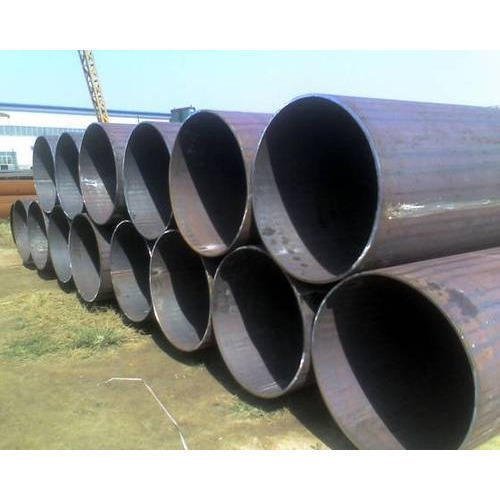
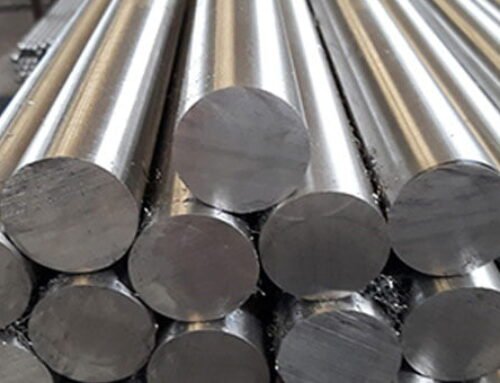
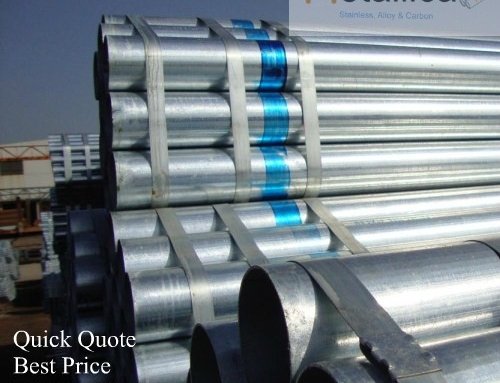
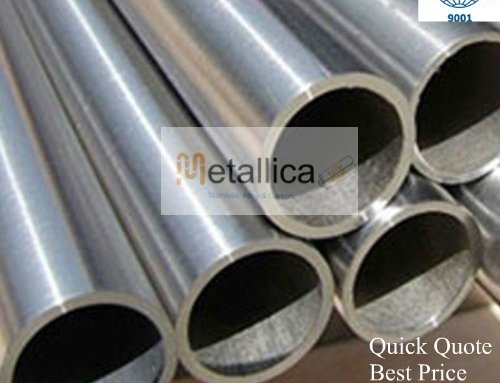
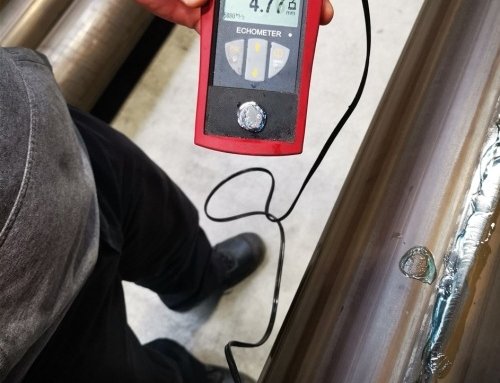
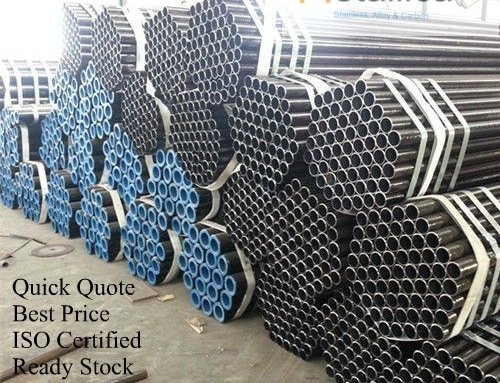
Leave A Comment